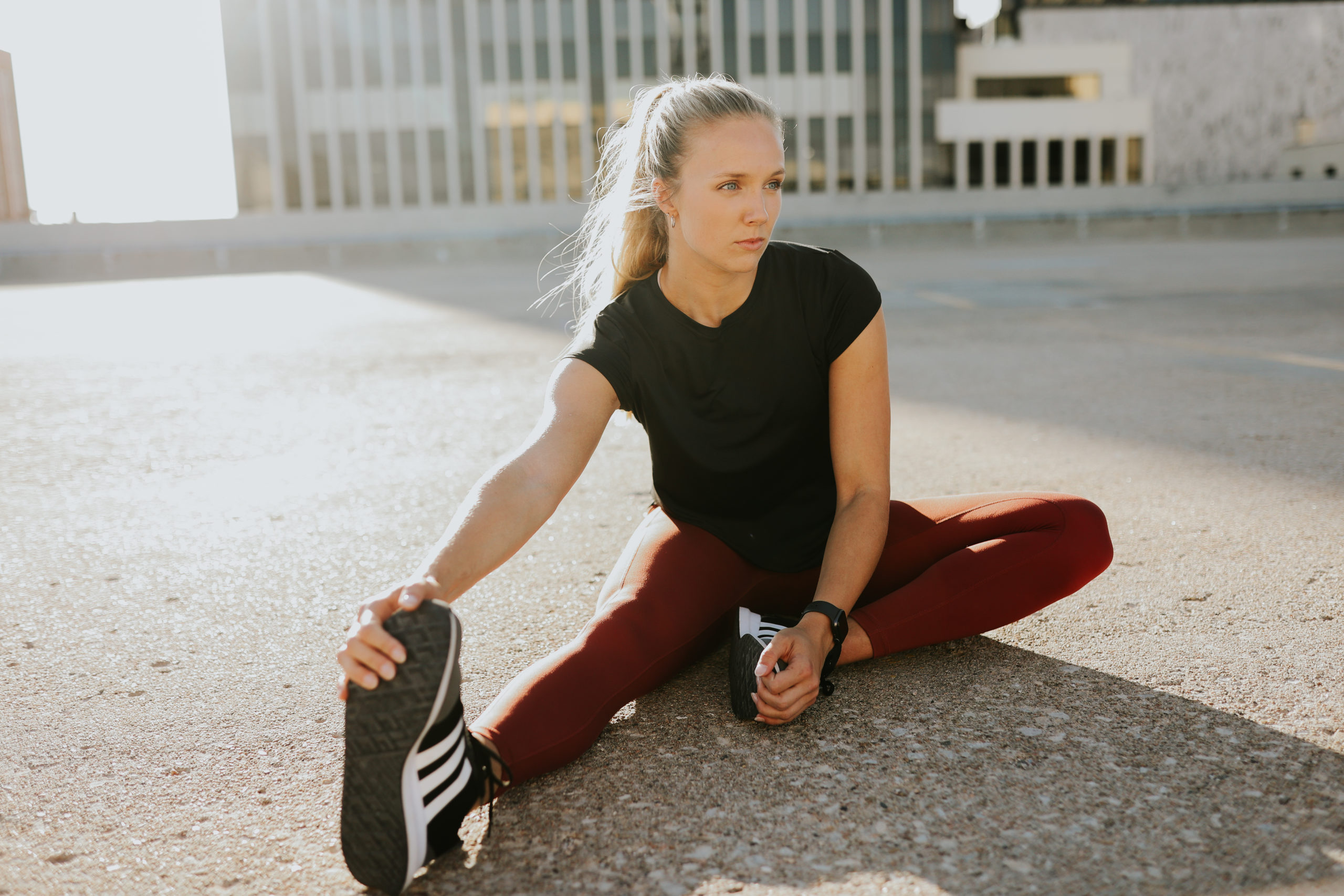Nutrient Timing is something I always talk about with my athletes. What is Nutrient Timing? Nutrient Timing is how to optimize your training and recovery by what you consume before and after practice, lifting, conditioning, etc.
Let’s get into it.
Pre-Training Fueling Strategies:
Carbohydrates are essential in the hours leading up to training. They replenish glycogen stores (ie. what your muscles use as “fuel” during a workout). The amount and timing are key components to maximizing performance.
Your meal or snack should decrease in size as training approaches. For example, If you have 4 hours before training, consuming a meal with adequate carbohydrates (~4g/kg), protein, and fat would be appropriate. However, if you only have 1 hour prior to training, the carbohydrate and energy content of your meal / snack should decrease (to ~1g/kg carbs).
TIP: To determine how much you weigh in kg, divide your weight in lbs by 2.2
Depending on your schedule, you may lift early in the morning and prefer not to eat breakfast beforehand, or the time between class and practice is a bit tight. Research shows consuming just 30g of easily-digested carbohydrates before a workout may improve performance.
Try consuming one of these easily-digestible snacks (what I like to call “fast fuel”) containing 30g Carbohydrates 0-30 Minutes Before Training:
- Banana
- Energy Bar
- Piece of Toast + Nut Butter + Fruit
- Sports Drink
- ~15 Pretzels or Crackers
- Fruit Snacks or Fruit Chews
- Fig Bars
- To-Go Applesauce Pouch
- Handful of Dried Fruit (like dried cranberries or mangos)
Focus on easy-to-digest carbohydrates + small amounts of protein 1-Hour Prior to Training:
- Yogurt Parfait
- Overnight Oats
- Fruit + Protein Smoothie
- Energy Bites
- PB & J
Aim to consume a Balanced Meal 3-4 Hours Before Training:
Carbohydrates + Color + Protein + Healthy Fat
- Build your Own Bowl (ie. teriyaki or burrito bowl)
- Loaded Deli Sandwich + Fruit
- Hearty Oatmeal Bowl
- Egg & Veggie Scramble + Avocado Toast
Avoid:
Consuming too much fat or fiber directly prior to exercise. This will help ensure you don’t experience any GI distress or discomfort during training.
Post-Training Fueling Strategies:
If you’re able to consume a balanced meal with adequate Carbohydrates + Protein + Color + Healthy Fats between 0-2 hours post-training, that would be ideal.
Due to your schedule, you may not have time to eat a balanced meal within this window. My advice? Pair a carbohydrate source with a protein until you’re able to eat a meal. Check out why this is so important and the tangible examples below.
Carbohydrates
Like mentioned above, carbohydrates help restore glycogen stores lost during intense exercise. To achieve optimal recovery, carbohydrate consumption to re-establish these lost glycogen stores becomes essential.
Sources Include:
- Oats
- Rice
- Bread
- Pasta
- Fruit
- Potatoes
- Dry Cereal / Granola
- Energy Bars
- Starchy Vegetables
Protein
Protein works to reduce muscle breakdown and repair tissues & ligaments after training through what is called muscle protein synthesis (MPS). Consuming protein post-training will help build and maintain lean muscle.
It is recommended to consume between 0.25-0.3g protein/kg body weight within 0-2 hours post-training in order to maximize recovery. If you’re unsure what this looks like for you, talk to a Registered Dietitian.
An example of this would be:
150 lb person = 17-21 g protein within 2 hours after exercise.
Sources Include:
- Poultry (chicken, turkey)
- Lean Meat
- Seafood
- Jerky
- Deli Meat
- Tuna Packet
- Low-Fat Dairy (like String Cheese or Greek Yogurt)
- Protein Powders / Protein Bars
- Hard-Boiled Eggs
- Nuts & Seeds
- Nut Butters
TIP: The goal is to consume a 3:1 ratio of Carbohydrates:Protein within 2 hours post-training.
On-The-Go Snack Ideas:
- Beef Jerky + Dried Fruit & Crackers
- Hard-Boiled Egg + Oatmeal topped with Fresh Fruit
- Energy Bar + String Cheese
- Smoothie made with Fresh Fruits & Veggies + scoop of NSF Certified Protein Powder
Don’t Forget to Rehydrate
Hydration recommendations are extremely individualized. However, a good rule of thumb is to drink between 16-24 oz. (2-3 cups) for every pound lost during training. Replacing electrolytes lost through sweat also becomes imperative. Talk to an RD to seek individualized advice.
